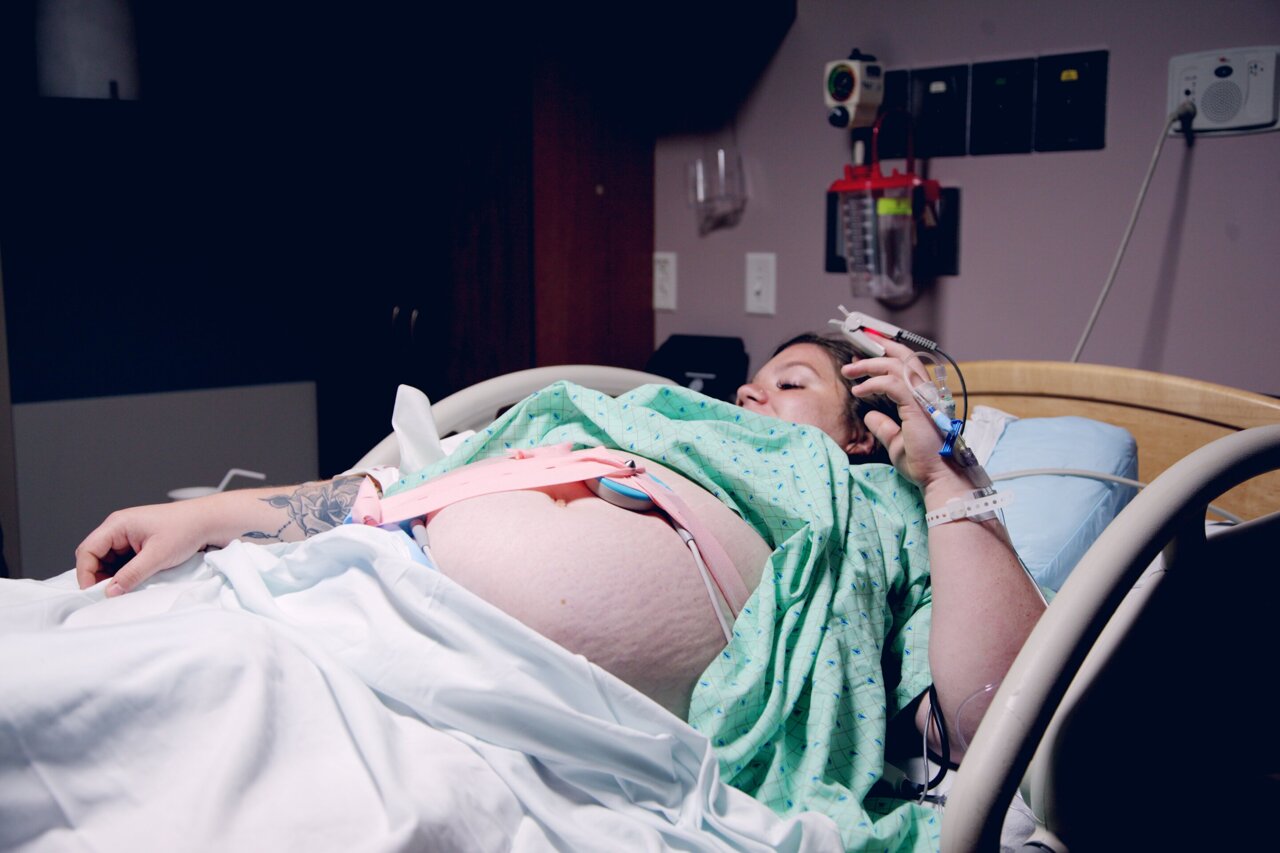Scared of Giving Birth? You're Not Alone—Stay Positive to Overcome Fear

Understanding the Factors That Influence Fear of Childbirth
Childbirth is a significant life event that can evoke a wide range of emotions, particularly for first-time mothers. Research indicates that up to 60% of women experience some level of fear or anxiety about giving birth. However, a recent study has uncovered why some women are able to remain calm and confident as they approach labor. This groundbreaking research, conducted by researchers from Robert Gordon University in Scotland and the University of South Australia (UniSA), offers new insights into how antenatal care can be improved to support expectant mothers.
The study focused on identifying factors that help ease fears surrounding childbirth rather than exacerbate them. Researchers surveyed 88 pregnant women in their third trimester in north-east Scotland before they attended antenatal classes. They used the Warwick-Edinburgh Mental Well-Being Scale to assess the relationship between mental well-being, a woman’s belief in her ability to manage labor challenges, and her fear of childbirth.
While 12% of the participants exhibited “severe” fear of childbirth, those who were more positive, confident, and had meaningful relationships reported fewer concerns. The findings, published in the Journal of Psychosomatic Obstetrics & Gynecology, highlight the importance of mental well-being and self-efficacy in reducing childbirth-related anxiety.
Key Predictors of Fear of Childbirth
Dr. Katrina Forbes-McKay, the lead author of the study, emphasized that while many studies have explored the negative effects of childbirth fear—such as prolonged labor, emergency cesareans, and postpartum mental health issues—there has been limited research into what protects women from experiencing these fears. She noted that the study’s results suggest that antenatal care should not only teach women what to do during labor but also empower them to believe they can do it.
Professor Tracy Humphrey of UniSA added that a woman's sense of mental well-being was the strongest predictor of her fear of childbirth. This includes having a sense of purpose, emotional positivity, and meaningful social relationships—factors that are often overlooked in traditional maternity care. The second key predictor was childbirth self-efficacy, which refers to whether women believe they can apply coping strategies when the time comes.
Recommendations for Antenatal Programs
Based on the study’s findings, the researchers recommend that childbirth education programs shift from a solely medical model to one that builds self-belief. Specific recommendations include:
- Fostering confidence in the use of labor techniques such as breathing, visualization, and relaxation
- Enhancing psychological well-being by supporting social connection, purpose, and satisfaction
- Embracing an approach that focuses on wellness rather than the risks
Although this study was limited to women in the third trimester, further research has explored the role of antenatal relaxation practices in improving maternal well-being and childbirth experiences.
Long-Term Benefits of Relaxation Techniques
Dr. Mo Tabib, a midwifery lecturer at Robert Gordon University and lead researcher of the study, noted that women who incorporated relaxation techniques reported “significant improvements” in their mental well-being and confidence in approaching childbirth. These improvements remained stable until four to eight weeks after birth.
Dr. Tabib highlighted that the findings align with global priorities set by the World Health Organization to promote the mental and physical health of women during pregnancy. By addressing fear of childbirth through psychological and educational interventions, the study suggests that women can have more positive birth experiences, potentially reducing medical interventions and improving outcomes for both mothers and infants.
Future Research and Implications
The researchers are now calling for larger, multi-site studies to validate these findings across diverse populations. Their work, titled "Predicting fear of childbirth during pregnancy, the positive role of self-efficacy and mental well-being: a cross-sectional study," was co-authored by Katrina Forbes-McKay, Mo Tabib, and Tracy Humphrey.
This study contributes valuable insights into the psychological aspects of childbirth and underscores the need for a holistic approach to antenatal care. As more research is conducted, the focus on mental well-being and self-efficacy could become a cornerstone of prenatal education, ultimately leading to healthier and more empowering birth experiences for women.
Post a Comment for "Scared of Giving Birth? You're Not Alone—Stay Positive to Overcome Fear"
Post a Comment